Value what you have, make better use of your resources, and don’t be distracted by shiny new stuff which you simply don’t need, writes Chris Deerin, after learning to live well within his means.
Ho, ho… no. It will be a frugal Christmas in the Deerin household this year.
I don’t feel too badly about this, because I know many of you will be planning something similar, and because, given the economic circumstances, most of us have little choice.
It will, however, be a change. Christmases past, with three pink, fluffy daughters who had mummy and daddy wrapped around their sticky, stubby fingers, were a smorgasbord of gifting; a slobbering, slathering Viking feast of ill-mannered, pre-teen capitalist devourment.
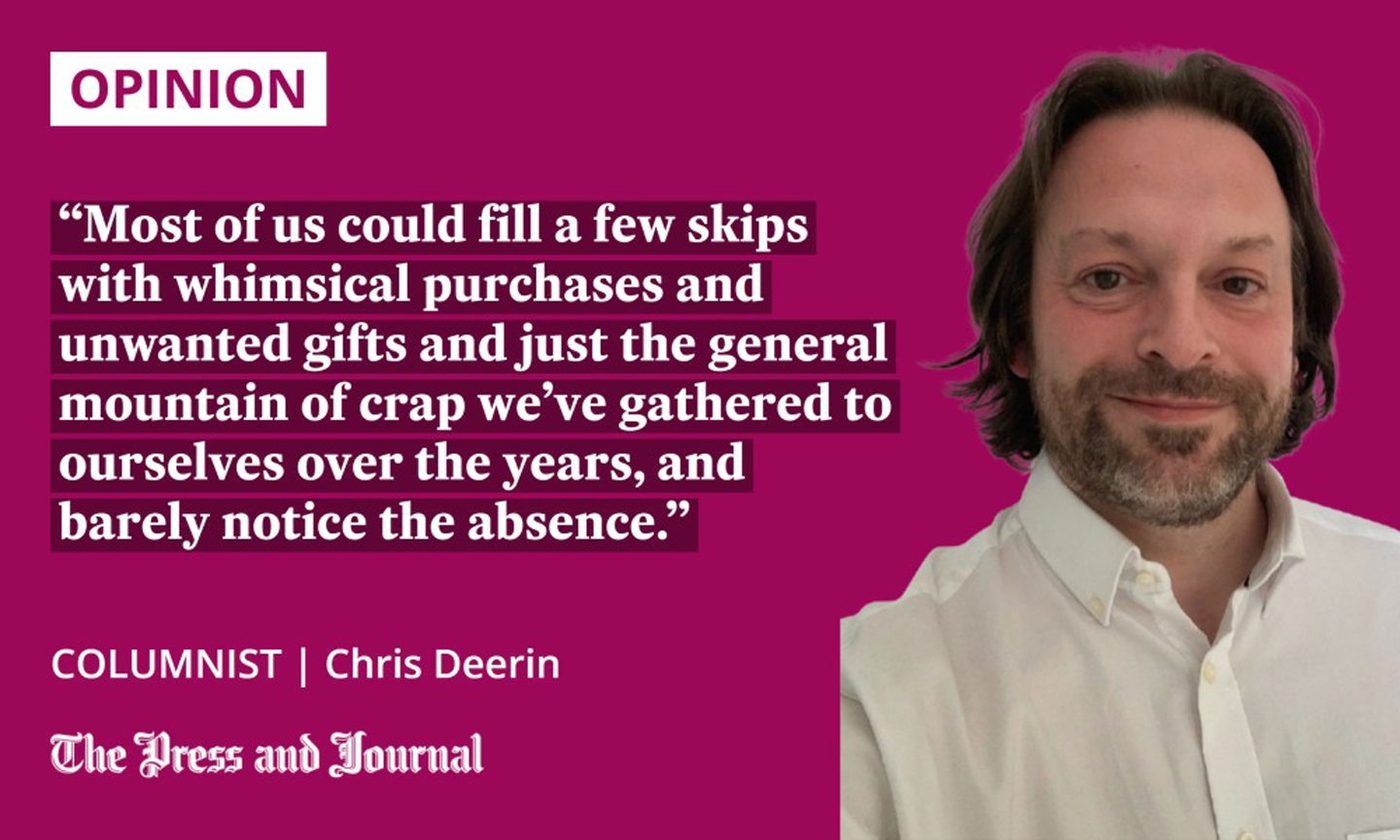
Lucky little middle-class girls – they’ve had it all: countless cuddly toys, including “a massive horse I can sit on”, which took up most of middle daughter’s room for about five years; trikes built drunkenly at 2am on Christmas morning, one of which I somehow put together back-to-front, then had to dismantle and start all over again in a fury at 3am; dolls and their vast, complex houses, with all the mod cons you could never afford for your own; expensive, girning, Japanese gewgaws that were out of fashion within weeks; and then, as they’ve grown older, phones, tablets, games consoles, laptops, wincingly short skirts and tight tops, pallets of garish make-up…
Money has been shed like needles from a Christmas tree in January. But not this year.
My wife and I are taking an almost sadistic pleasure in calculating what we can afford and what we can’t. We’re getting each other nothing more than a friendly smile and a thumbs-up. Christmas dinner will come from one of the cheaper supermarkets (apart from the bread sauce, which has to be M&S) and will be just enough and no more.
Each girl will get a small sum of money, plus a couple of trinkets to open on Christmas morning. We’ll splash out on the dog, of course. But, in this way, spending will be tightly controlled, credit cards will not be hammered, and heating bills stand a chance of being afforded through to next spring.
Buyer’s remorse vanishes when you don’t ‘buy now’
In truth, we’ve been living like this for months now. The family food budget has been brought under control, and we’ve actually started eating the stuff we keep in the freezer.
There have been few luxuries – I think I’ve bought one book since August, and am mildly surprised to see Waterstones still going. My mum, who clearly thinks we’re turning into the Beverly Hillbillies, has taken to dropping by with parcels from the First World – chocolate and flowers and the occasional bit of new clothing for the kids.
At first, the change felt like an affront – just one more reason to wish someone would slip something odourless and fatal into Vladimir Putin’s herbal tea. But, as the weeks have passed, I’ve come to appreciate what has, in fact, been an overdue and rewarding turn to self-discipline and restraint.
There have been times my finger has lingered over the “buy now” button, before I’ve thought better of it and moved on. I’ve rarely regretted failing to make the purchase – how often have you instinctively bought something online and, when it arrived, simply put it to one side and forgotten all about it?
I’m prowling my bookshelves for unread novels (many of them bought online, put to one side and forgotten) and discovered some great books. I’ve rediscovered shoes and shirts that had been languishing at the back of the wardrobe for so long, they’ve come back into fashion. And, who knew I had so many unopened toiletries from Christmases and birthdays past? I smell like a dream.
Materialism is no route to happiness
I’ve come to see that this isn’t so much frugality or miserliness as valuing what you have, making better use of your resources, and refusing to be constantly distracted by shiny new stuff which you simply don’t need.
My economist friends tell me we’re going to be in the economic mire for a couple more years, at least
What a way so many of us had come to live, in a society characterised by acquisitiveness, volume and waste. Most of us could fill a few skips with whimsical purchases and unwanted gifts and just the general mountain of crap we’ve gathered to ourselves over the years, and barely notice the absence.
If we’re honest, we’ll admit that this materialism is no route to happiness, and, in fact, both the financial and psychological strain of always wanting more often has the opposite effect. If anything, it gets in the way of understanding ourselves, of connecting to our true human nature or spirituality or soul, or whatever you want to call it.
My family is finding that, with the temptations and distractions of consumerism largely stripped away, there can be deeper joy in the simpler aspects of life: family walks, time spent with each other, more regular conversations, even just a pre-bedtime cup of hot chocolate. We now genuinely look forward to our one weekly loosening of the purse strings – a Saturday night takeaway.
My economist friends tell me we’re going to be in the economic mire for a couple more years, at least. For all but the wealthy, it’s going to be a period unprecedented in most of our lifetimes: of doing without, of difficult choices, of foregone luxuries, of simply being a bit poorer. It won’t always be easy, but, perhaps even at Christmas – perhaps especially at Christmas – there are lessons we can learn amid the hardship.
Chris Deerin is a leading journalist and commentator who heads independent, non-party think tank, Reform Scotland
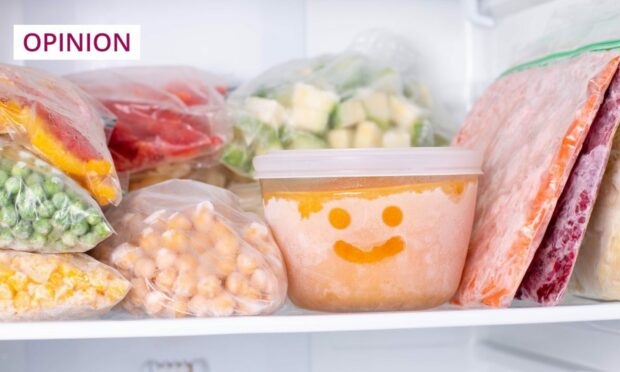
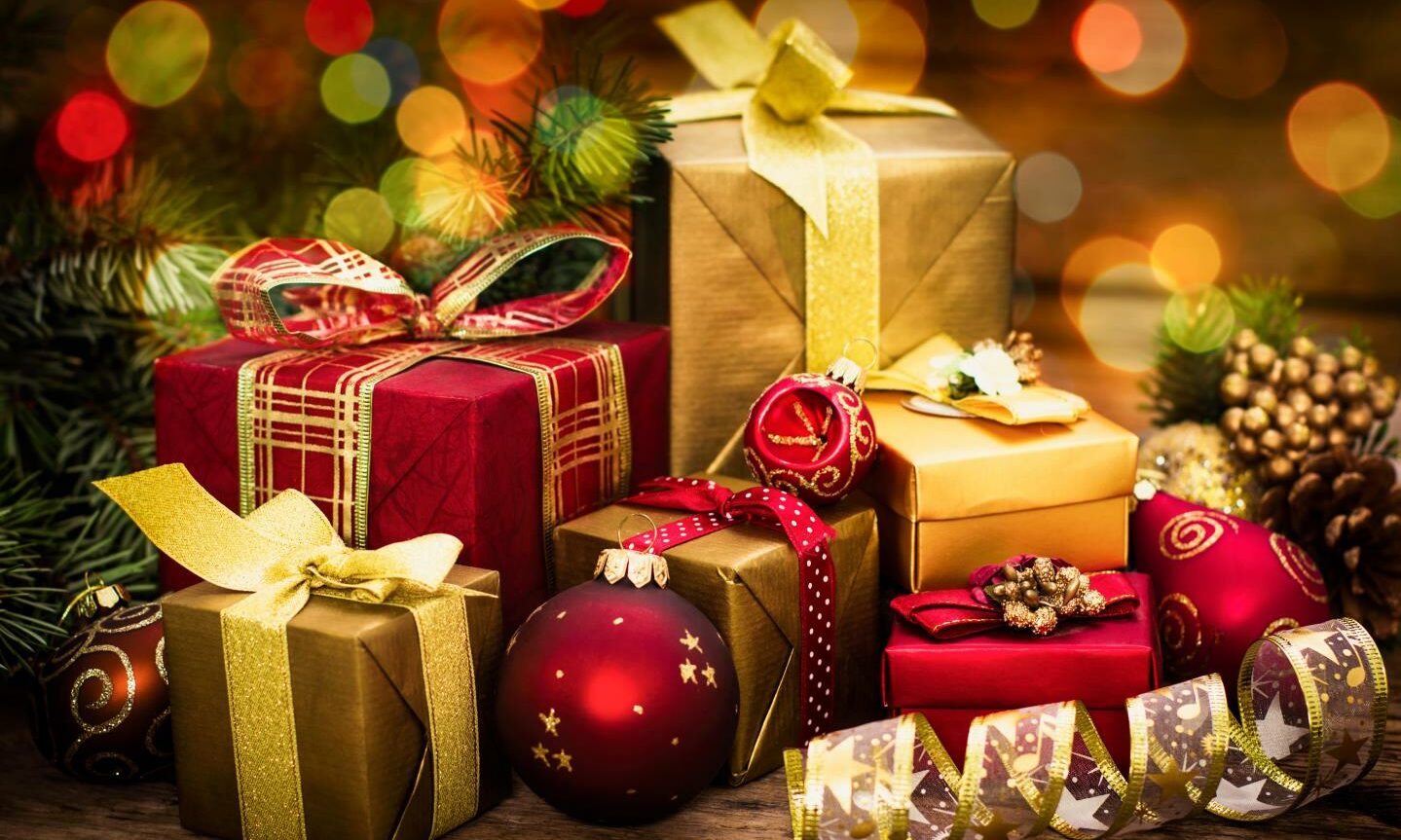
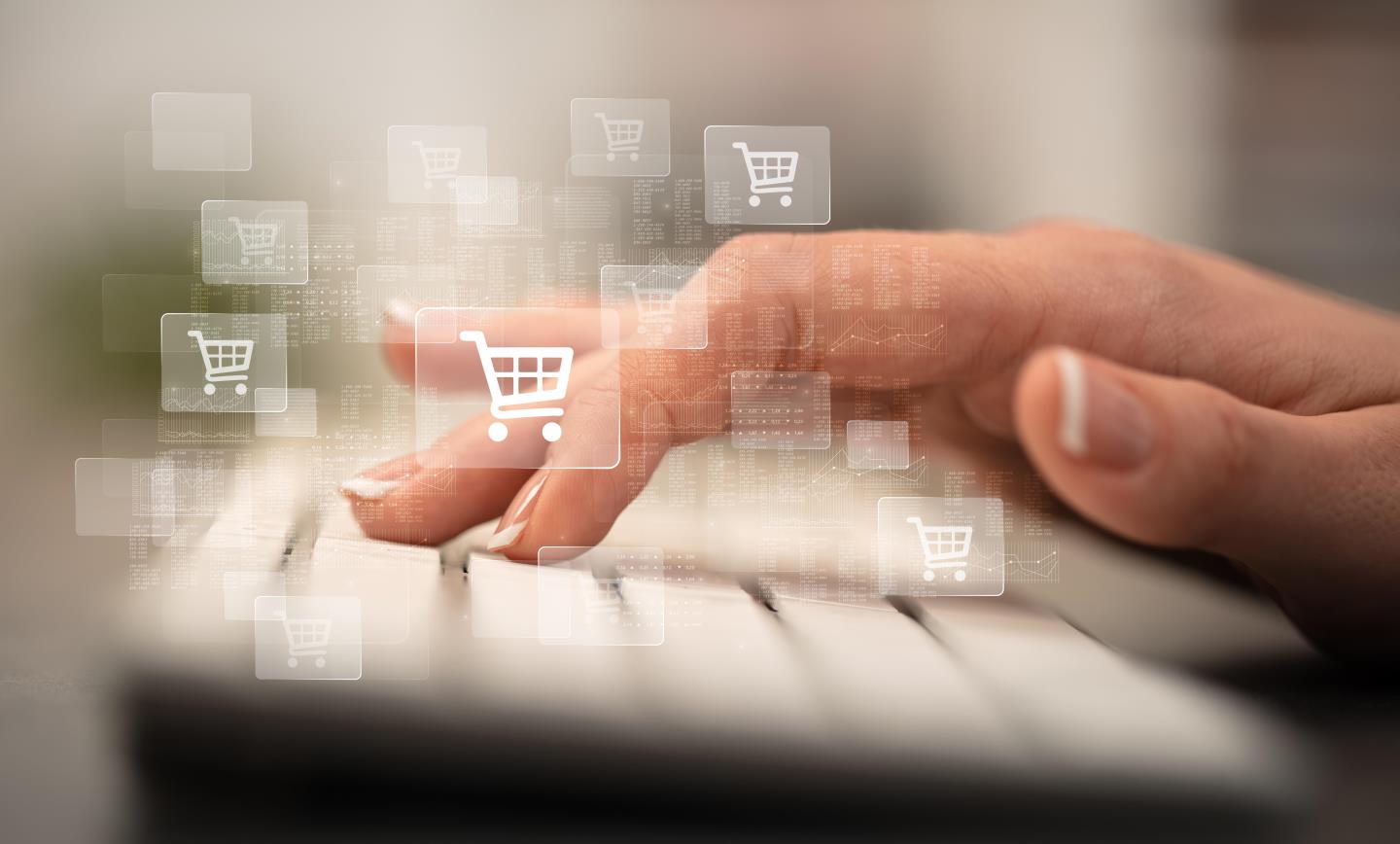
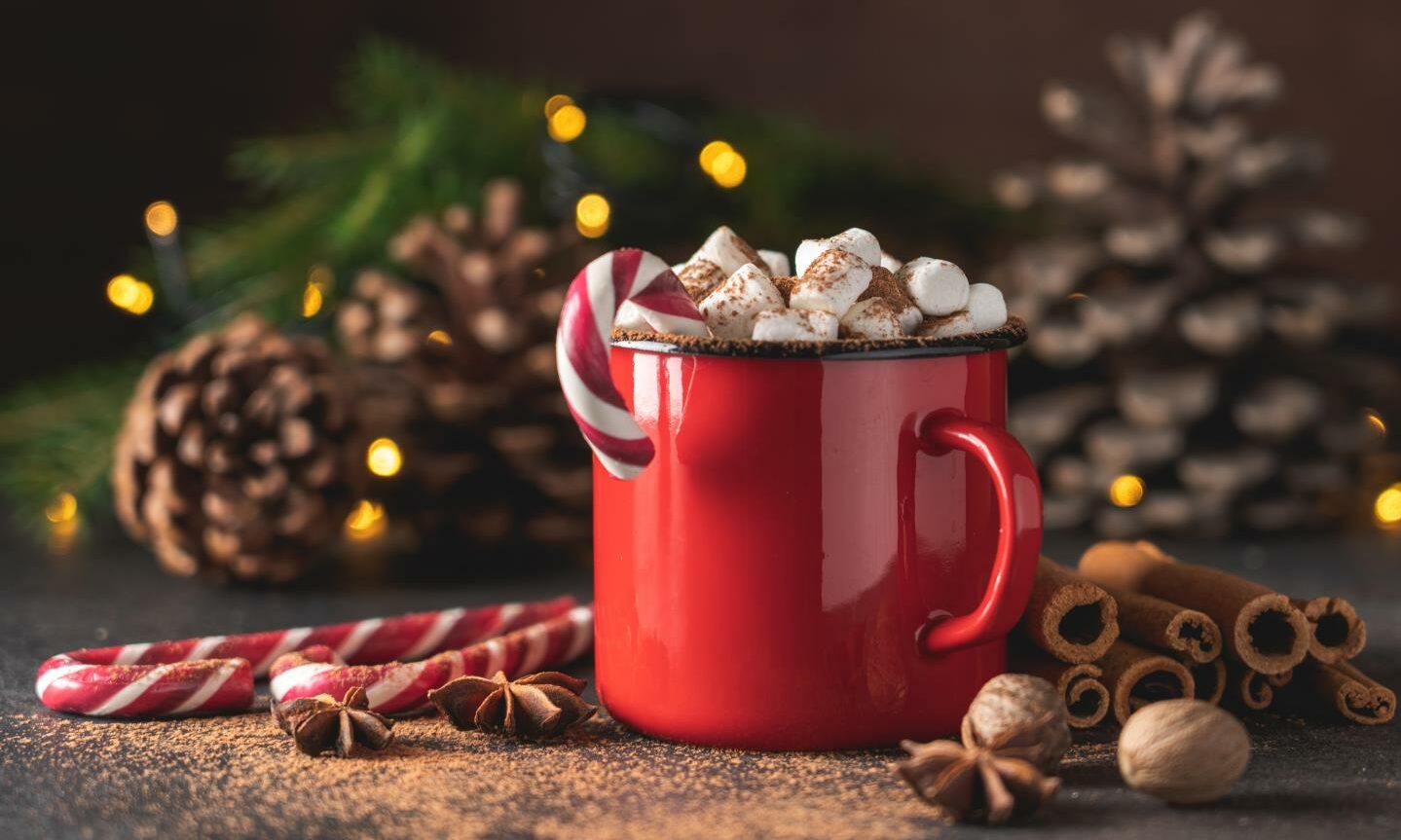

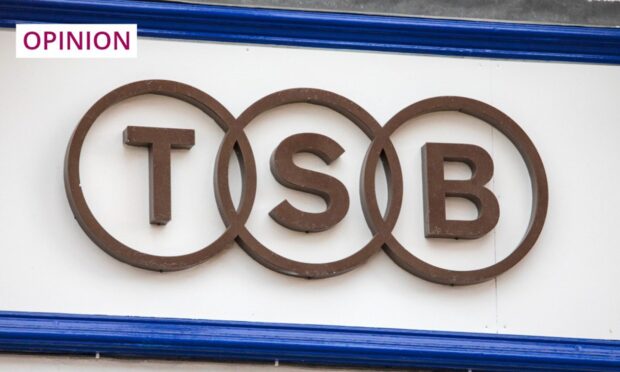
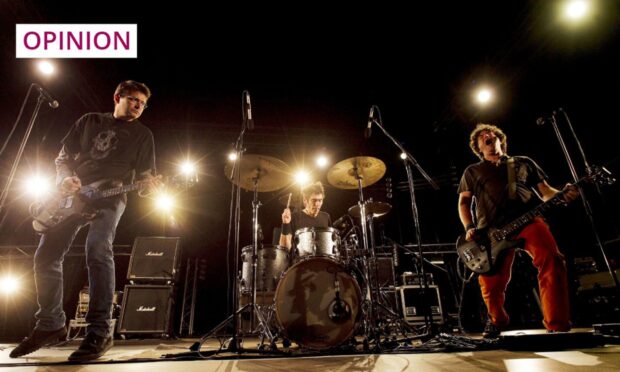
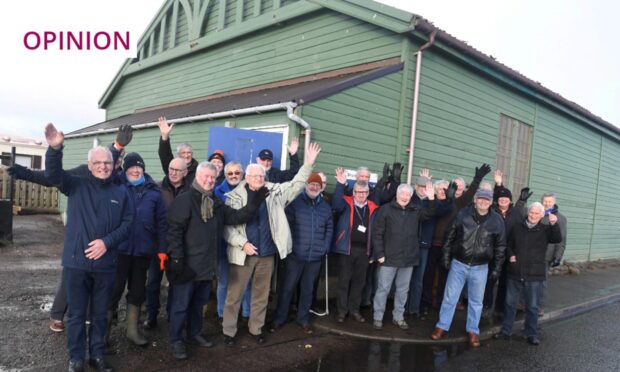
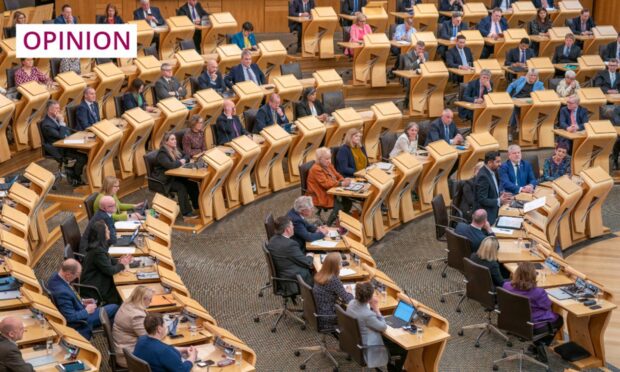
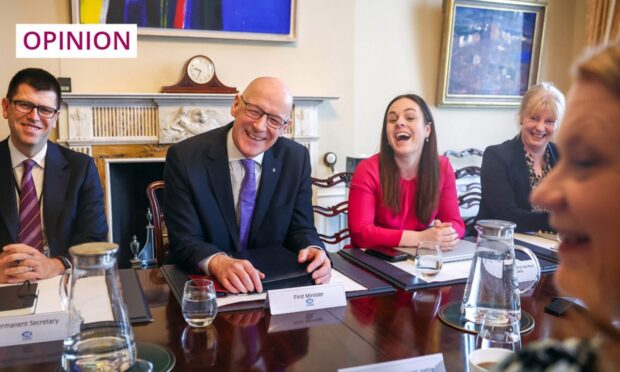
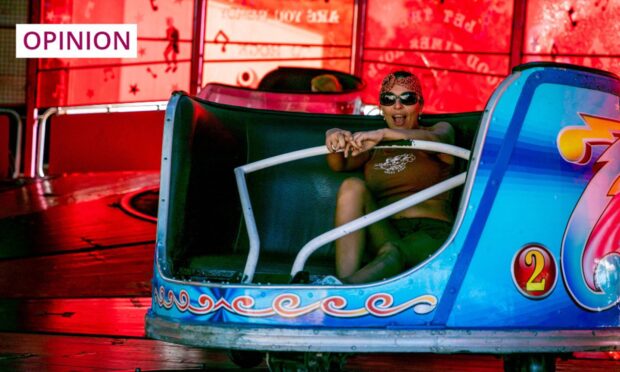
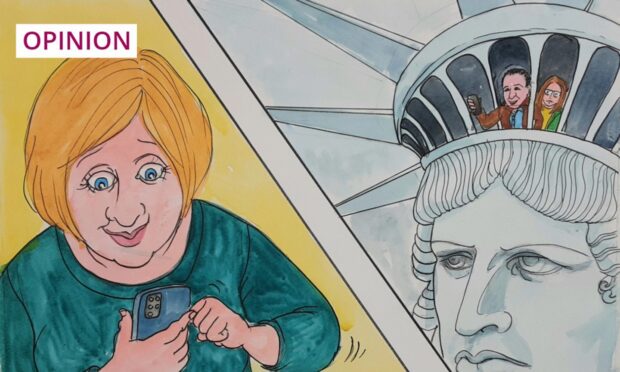
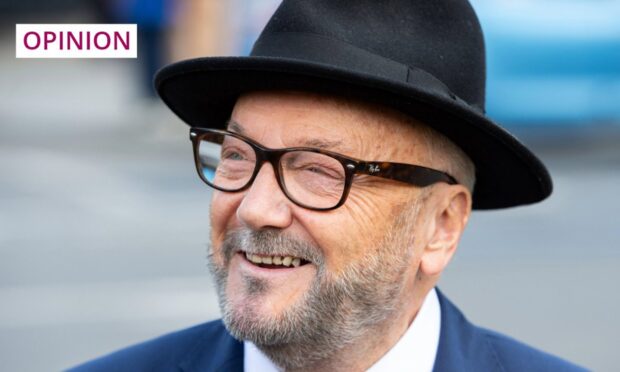

Conversation